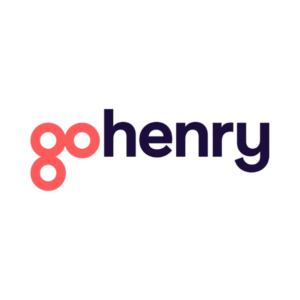 Financial education remains at the heart of everything GoHenry does and we continue to commission and publish independent financial education research to show not only the benefit of teaching money skills young but just how Generation Alpha and Gen Z are interacting with money – after all, they are the future of our economy!
Financial education remains at the heart of everything GoHenry does and we continue to commission and publish independent financial education research to show not only the benefit of teaching money skills young but just how Generation Alpha and Gen Z are interacting with money – after all, they are the future of our economy!
At the end of 2022, we published research into the kid’s-eye view of the cost-of-living crisis, which found that 71% of kids are worried about the crisis and while they are spending less on non-essentials like toys and fashion, children and teens are now spending 17% more on essential items in places like supermarkets.
Our annual Youth Economy Report for 2023 addressed the question ‘Is this the end of the Bank of Mum and Dad?’ which found that over half of parents (52%) plan to reduce the amount of money loaned or gifted to adult children. As kids and teens find their own financial freedom, the overwhelming majority of 6-18 year-olds don’t expect parents to contribute to their futures, with kids as young as six already saving for live events like buying a house or saving for Uni.
We have also recently published independent analysis from St. Andrews University which found that kids who use our in-app, gamified financial education lessons, Money Missions, typically increase their savings by 30%.
Alongside ourresearch papers, we have continued to engage with the Department for Culture, Media, and Sport, both independently and in conjunction with other stakeholders such as The Centre for Financial Capability (TCFC) on the topic of dormant assets and we are delighted that the Government has included Financial Inclusion and Education as a beneficiary of the Dormant Assets Scheme and committed a total of £87.5 million to support this issue.
Our focus now is to push for this money to be spent on ensuring that all young people receive a financial education at primary level, where evidence shows it will have the most impact. To that end, our focus moving forward is on delivery. We believe that if financial education is to be delivered effectively and consistently to all children, stakeholders need to unite behind a single delivery model.
Our view is that the best model is an external delivery model, along the lines of those already used for Bikeability, where external delivery agencies go into schools to deliver lessons on the key financial education topics for a set amount of time each term/year. This model minimises the time demands and pressures placed on teachers and – in our opinion – offers the best prospect of all young children receiving the comprehensive and consistent financial education they deserve.
Other Member Updates:

Website: www.gohenry.com
Email: comms@gohenry.co.uk
Return to October Forum Updates Homepage